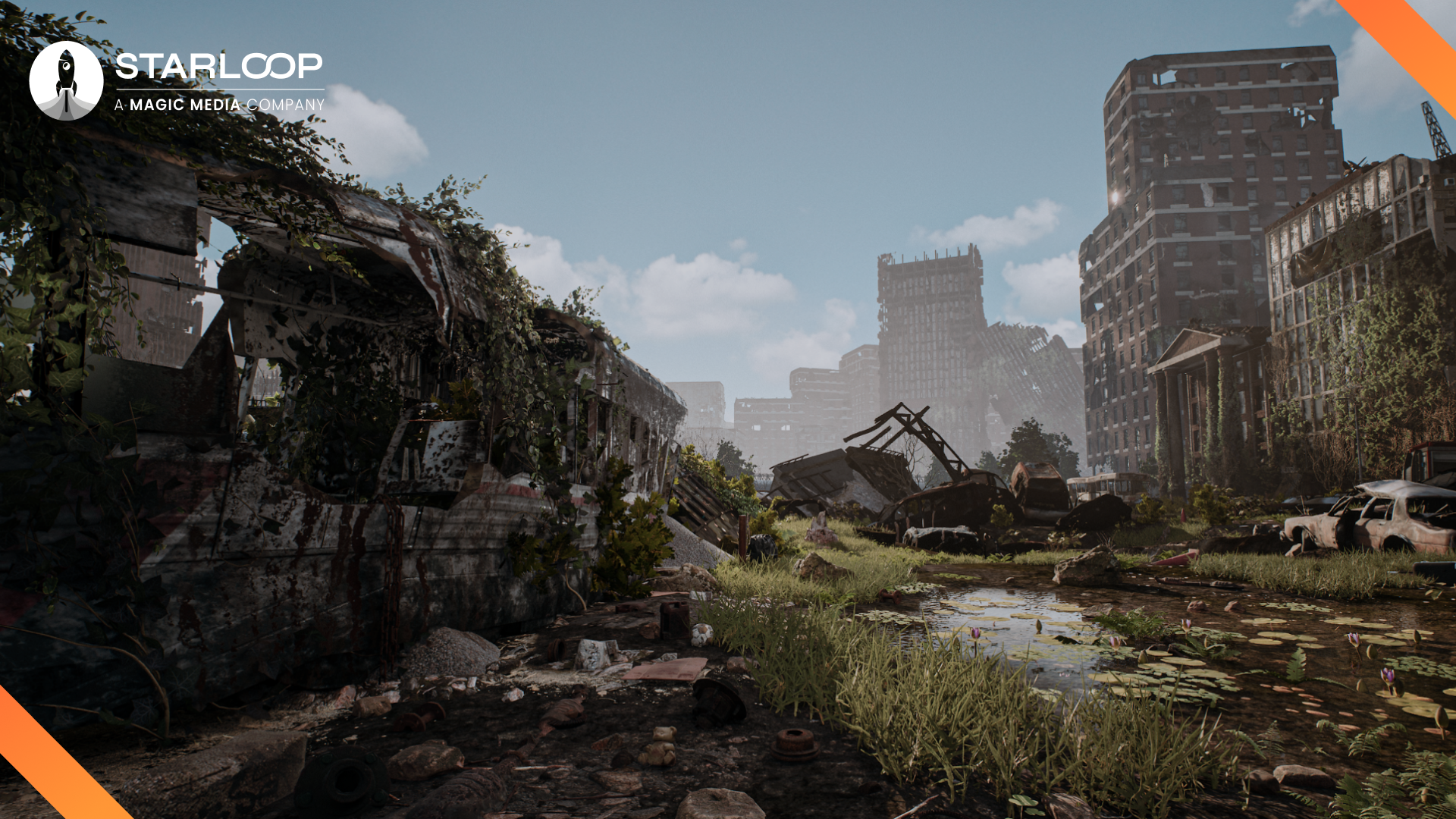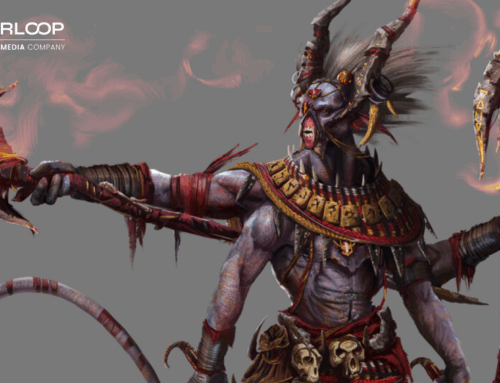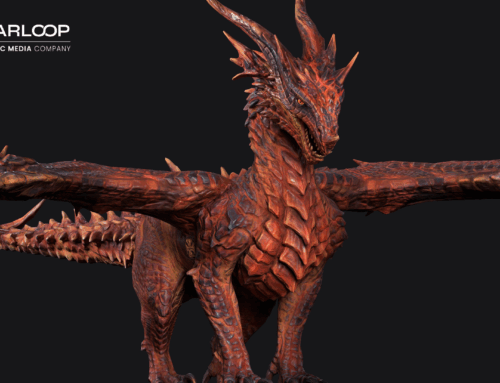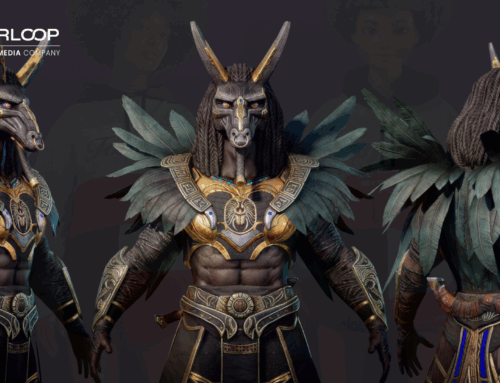Though game porting is a popular practice in the gaming industry, carried out by developers both big and small, they’re far from guaranteed to be successful upon launch and after. A common misconception about game porting is that it’s as simple as compiling a new version for a new platform and simply releasing it.
In reality, game porting is a complex process, the degree to which depends on the source and target platforms and a myriad of other factors. Knowing what to avoid, as well as knowing what cannot be overlooked, will help ensure your game port doesn’t launch to poor reception and has a chance to succeed.
Game Porting Requires Proper Optimization
Perhaps the single most important process a game developer should undertake for a game porting project is to ensure it’s properly optimized for its target platforms. A game originally developed for PlayStation 5 doesn’t automatically mean an Xbox Series X game port will run well by default, despite the consoles’ similar architectures and power.
Failing to optimize your game port for its new platforms can almost guarantee performance issues. Doing so can lead to frame rate issues, graphical issues, and game-breaking bugs. Additionally, a poorly-running game port will undoubtedly receive negative critical and fan reception which can result in unpleasant word of mouth. More often than not, this will negatively impact your game’s sales as well.
Leverage Platform-Specific Features When Porting Games
One of the biggest advantages of porting games in the modern industry is that most platforms offer unique features that can benefit your ported game. PlayStation 5 boasts second-to-none immersion-enhancing features thanks to the haptic feedback and adaptive triggers of the DualSense controller. Xbox Series X and S benefit greatly from the Xbox Game Pass subscription service and Smart Delivery, which helps ensure you’re playing the best version of your game possible.
Game porting is about delivering existing games on new platforms, and for them to fulfill their highest potential, unique features should be utilized. Forgoing distinct platform features could lead to flat experiences for players. Players might not be too interested in the newly-ported versions of the game if they don’t offer anything unique for their platform of choice.
Game Porting Requires UI and Input Design Changes
Despite some similarities between most controllers and input design conventions, it’s critical to take into account how players will interact with your ported game on its new destination platforms. The most obvious example is when porting games from PC to consoles, or vice versa, as they have inherently different control schemes. While PC games can make use of the full range of controls afforded by a mouse and keyboard, console games don’t have this luxury.
Similarly, the user interface should be a top consideration when porting games. A perfect example of this is Pillars of Eternity from Obsidian Entertainment, both its PC and console versions. On PC, accessing character abilities and skills is straightforward thanks to the depth offered by the keyboard and mouse. Players simply press on the icon they need, and the selected character will perform the relevant action. Consoles, on the other hand, are limited by the number of inputs possible due to controllers. This is overcome by using toggleable radial menus which present players with layers of options and menus within menus, instead of options being assigned to individual hotkeys like on PC.
Without employing an elegant solution like toggleable radial menus, the game likely could not have been successfully ported to consoles at all. UI and input design need to be considered from the initial planning stages to not prevent issues further along in development and to ensure your ported title delivers as smooth an experience as possible.
Contact Starloop Studios today to learn more about our expert high-quality game development services for all platforms.
As part of Magic Media, we offer a wide range of services for the gaming, entertainment, and tech industries, including but not limited to full-cycle game development, game trailer production, and real-time VFX. Get in contact today, and let’s create magic!



